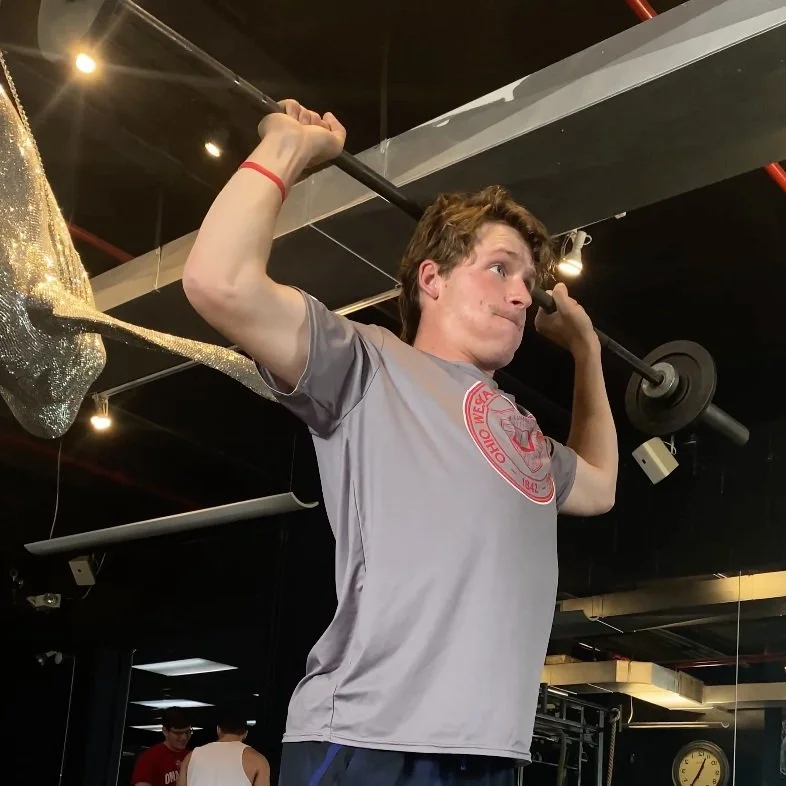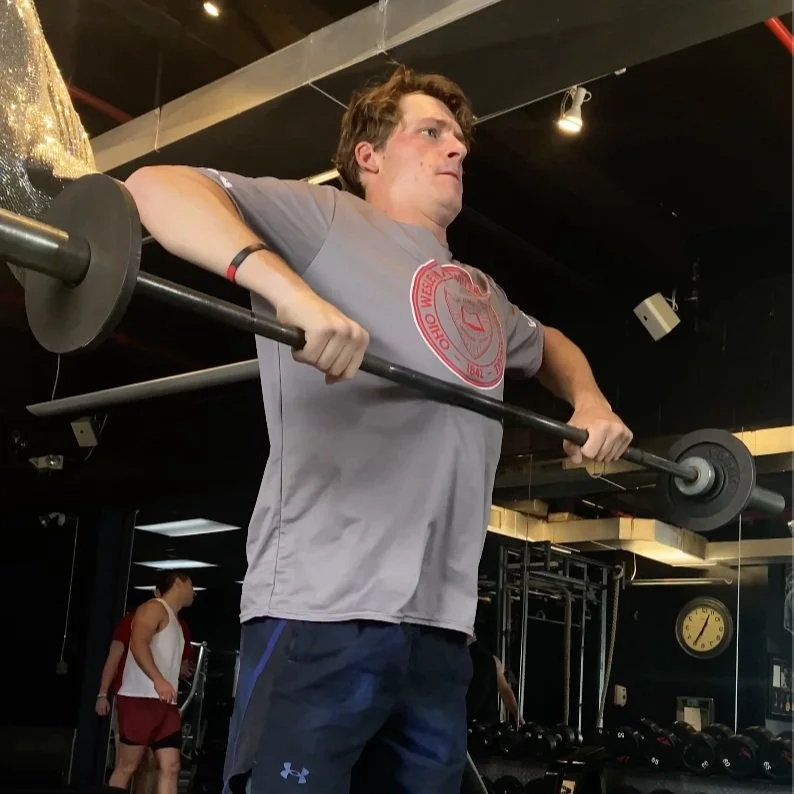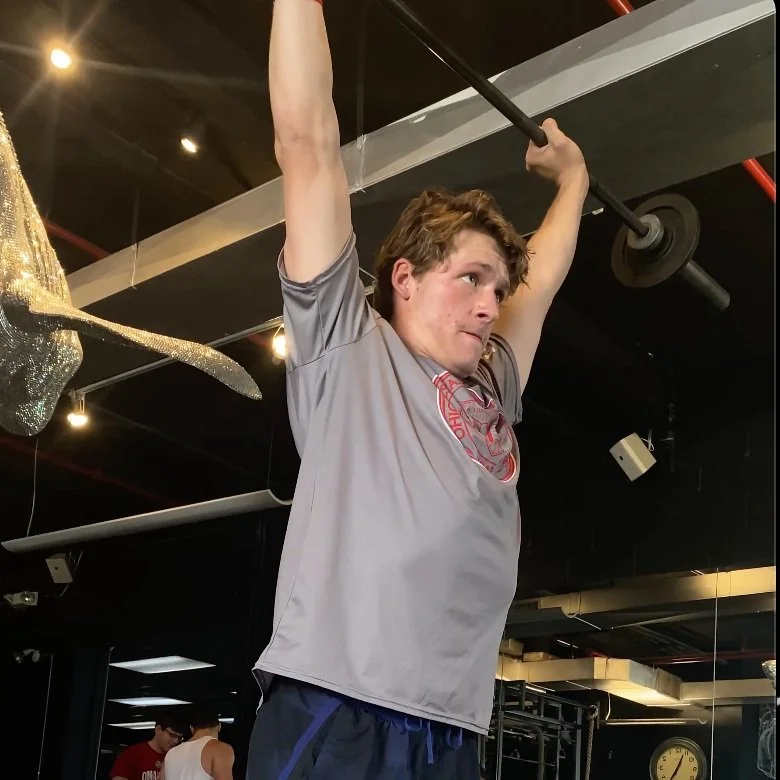THE CUBAN PRESS
History of the Cuban Press
The Cuban Press, also referred to as Muscle Snatch, was popularized amongst the strength industry by Charles Poliquin. It is a movement he utilized for athletes to improve structural balance of the shoulder girdle and in turn he would be able to increase their poundages in pressing, pulling and chinning variations. This movement originally stems from the Olympic Lifting world where they use it to gain strength in the muscles that help finish their pull in the snatch and as a warm-up for the snatch and the power snatch.
Purpose of the Cuban Press
In my opinion, this exercise is one those forgotten movements in all trainees tool boxes. Training the muscles that externally rotate the shoulders will decrease shoulder pain, increase strength and improve hypertrophy for the upper back. I have used this movement in many variations with all populations. NOte that here are a few ways to regress and progress this movement depending on strength and flexibility levels.
Equipment Used
Barbells
Dumbells
Dowel
How to Properly Grip the Bar
For the purpose of this article I will be teaching you how to perform the standing variation of the Cuban Press. Setup a Barbell on a rack at the height of your upper quadriceps. Take the bar off the rack and step back. To properly grip the bar you need to individually find your grip width. This can be done by raising the bar on top of your head and spreading your hands until they create an elbow flexion angle of 90 degrees. Think about creating field goal posts.
Figure 1: Hand Position
The Movement
Start by raising your upper arms out to your sides until they're parallel to the ground and in line with your shoulders. The bar should be positioned directly in front of your lower sternum. Keep your elbows bent at 90 degrees and the wrists straight and firm throughout.
Figure 2: The Initial Pull
From this position you will then use your rotator cuff muscles to rotate the bar just above your head while keeping strong wrists and 90 degree flexion in your elbows.
Figure 3: The Rotation of Bar Just Over Your Head
From this position you will then lock the barbell over your head.
Figure 4: The Lockout
The Finish
From the lockout position you will then systematically reverse the movement. You will finish back at the start position with the arms straight down to your side with the bar at the upper quadriceps. Attached below is the video of the Cuban Press being performed in the gym.
Comments
This exercise can be used across all training populations from elite athletes to the executive who sits at a desk all day. The main goal is to create structural balance in the shoulder girdle which can lead less shoulder injuries and increase in poundages used in your compound movements.
Variations can include standing and through all angles on an adjustable bench laying in the prone position. You can also vary the implement that you use from barbells to dumbbells and even a dowel when starting out.
In regards to loading, as your training age increases you can utilize this movement in intensification phases where the priority is the weight on the bar. However, most of you probably have not done this variation before so you will want to improve this movement by increasing the time under tension through the weeks.
Intermediate trainees can perform sets of 4-6rm and 6-8rm
Beginner trainees can start by performing sets of 12-15rm and 18-20RM
Steven Nickel provides a Tailor-Made Fitness Experience for the individual who wants to acquire high quality results. Providing Exclusive Personal Training, Made to Measure Coaching and Ready to Train Collections. To learn more Inquire Here or write to steven@stevennickel.com



